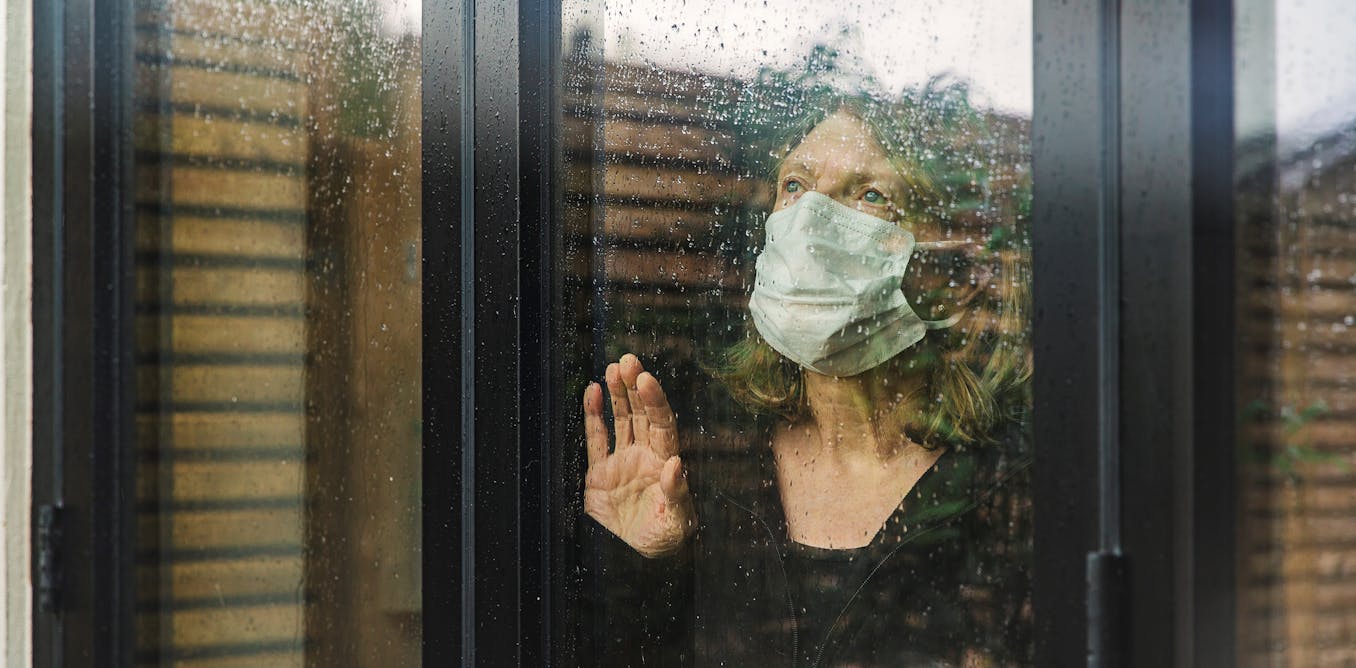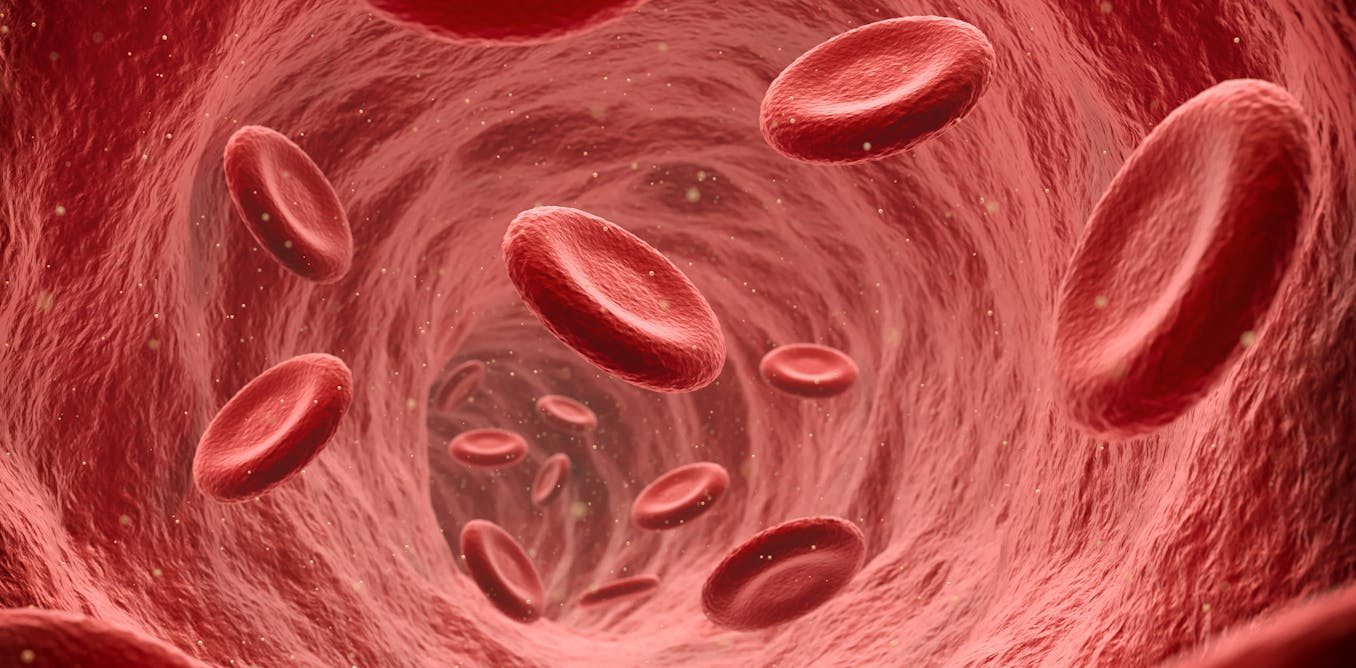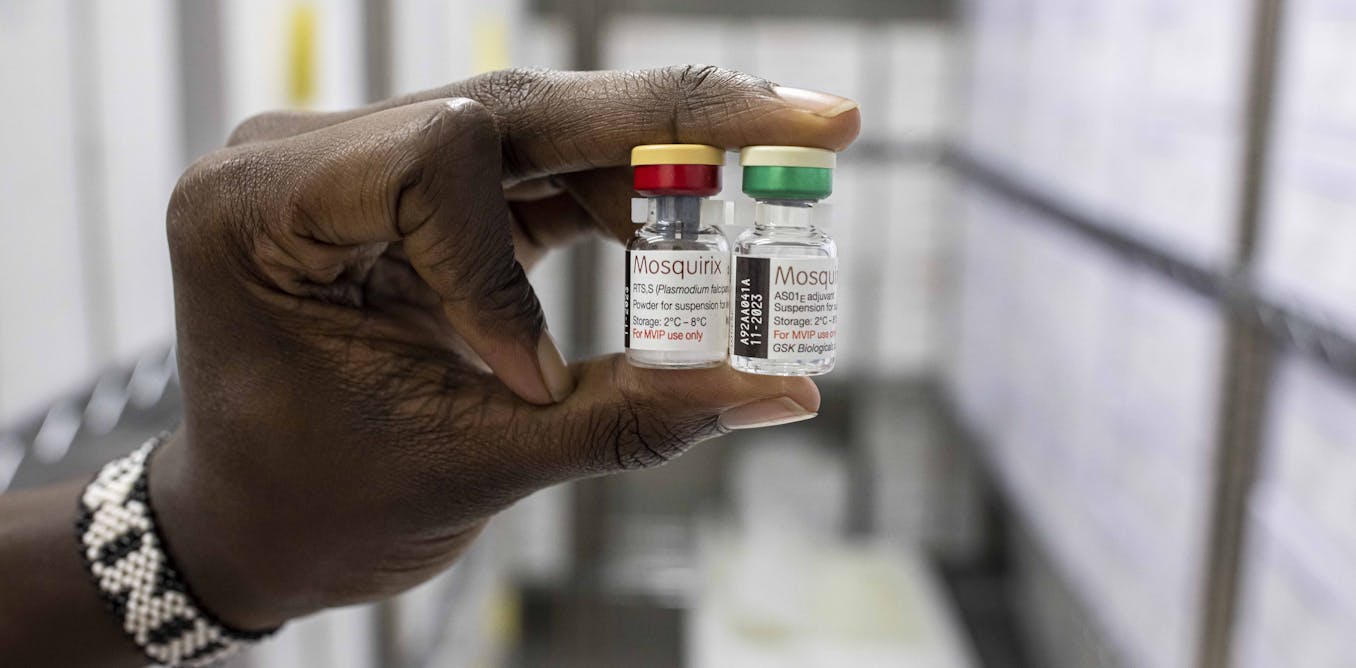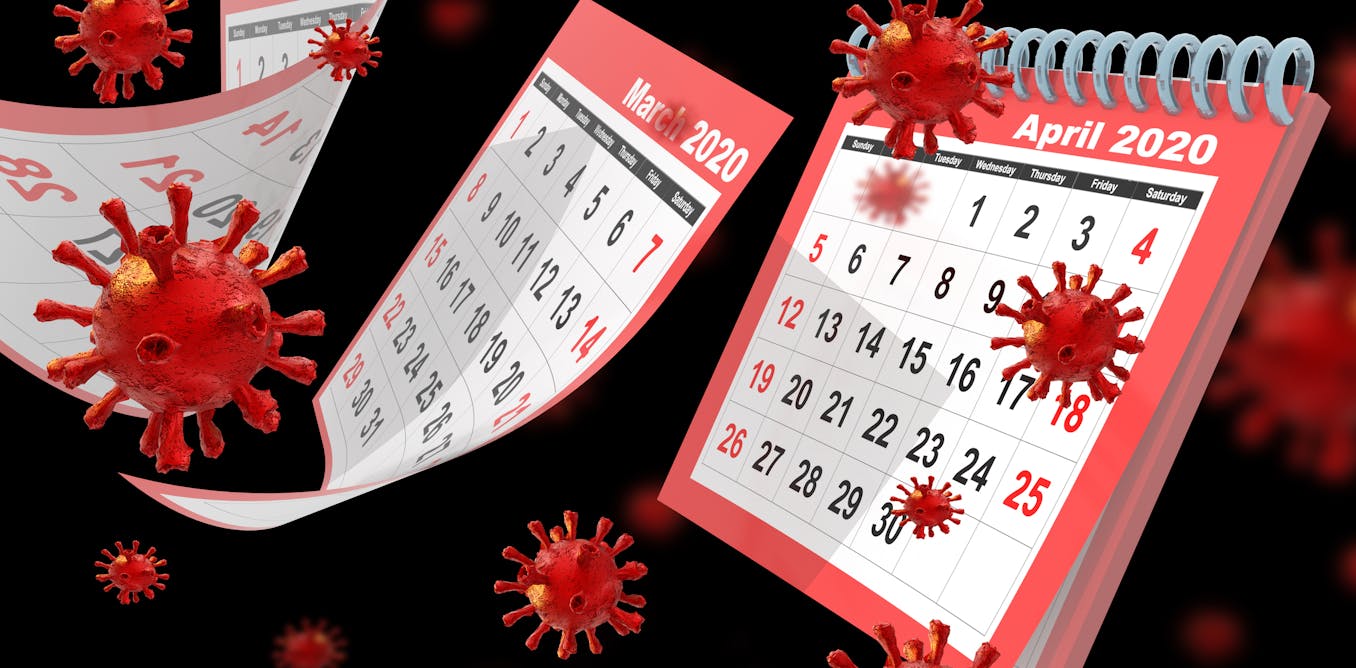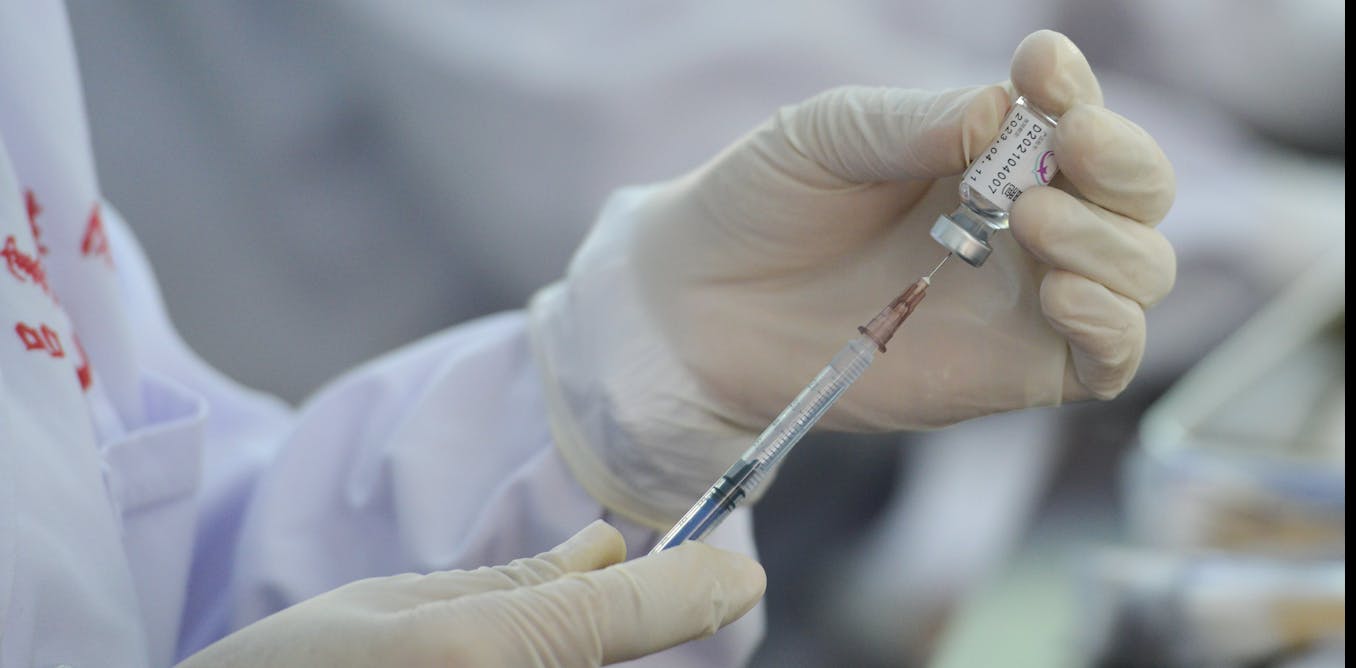Clarifying the CDC's COVID-19 quarantine and isolation guidelines – an infectious disease doc looks at the latest research
The CDC’s controversial recommendation changes are based on new studies showing that most omicron transmission takes place within five days of the onset of illness.
March 4, 2022 • ~6 min

